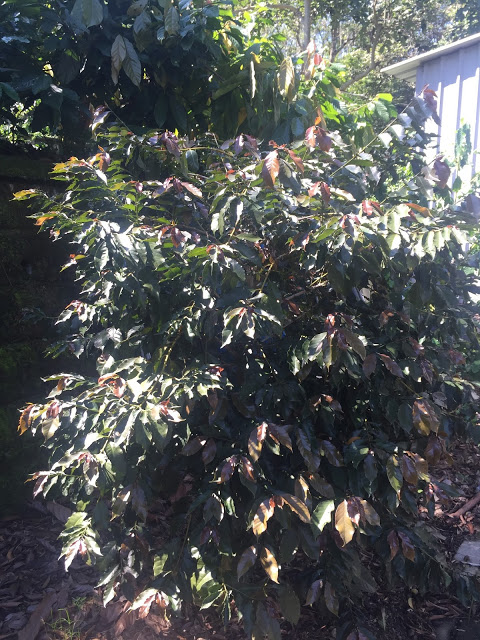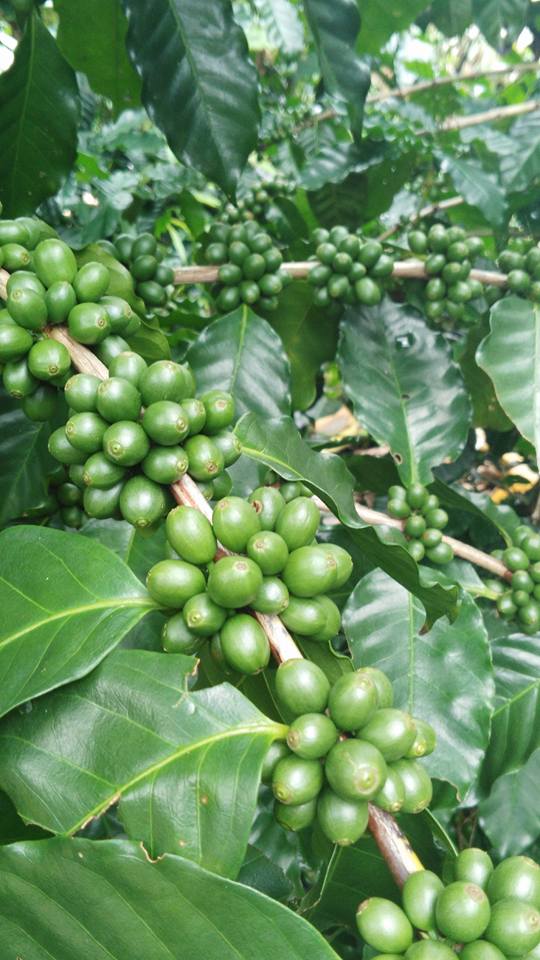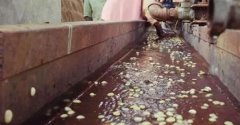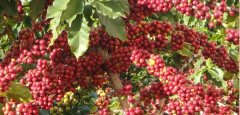Detailed introduction of Rushashi producing area in Rwanda-Duhingekawa Women's Cooperative
Professional barista communication, please pay attention to coffee workshop (Weixin Official Accounts cafe_style )

Duhingekawa Women's Cooperative in Rushashi, Rwanda
Rwanda is located in the heart of Africa. Its mountainous terrain, fertile land and ancient traditional bourbon species indicate that Rwanda has the natural environment needed to grow high-quality coffee beans everywhere. Coffee was introduced to Rwanda by German missionaries in 1904. Since 1930, coffee cultivation began to flourish because coffee was the only crop that could earn income for rural farmers. Whether it was Arabica harvested between March and June or Robusta harvested between May and June, the government encouraged, in effect ordered, low-quality, high-yield coffee production, even though poor quality still played a significant role in Rwanda's economic development at the time, as it was one of the few crops that could earn cash, but with the subsequent collapse in global coffee prices, the policy of continuing to promote the export of low-quality Arabica coffee was bound to change.
The genocide of 1994 killed nearly half a million people and wiped out the knowledge and technology needed to grow coffee beans, while coffee prices around the world plummeted, making Rwanda's coffee industry even worse. Rwanda's coffee industry is now re-emerging and hopes to re-establish the infrastructure needed for fine coffee production and processing at a steady pace, most notably the Joint Strengthening Rwanda Agricultural Partnership (PEARL), which aims to help Rwanda rebuild agricultural institutions, production capacity and agricultural talent to help local small farms sell coffee beans directly to buyers in the fine coffee market. Ethiopia has a centralized auction system, but its agricultural cooperatives can do business directly with buyers, but because the landlocked country has to travel 1,500 kilometers to Mombasa port in Kenya or Dares-Salam port in Tanzania to export coffee beans'', Rwanda held the first COE coffee competition in 2008 after the 2007 Crop of Gold "Golden Bean Competition" drill, which also attracted more buyers to Rwanda's high quality bourbon coffee beans.

Duhingekawa [Women's Office] produces small batches of coffee that are different from other large batches of coffee beans in Abakundakawa Rushashi. It is composed of 70 women who specialize in bean picking. This cooperative is certified by the Fair Trade Association as part of USAID's project to improve the quality of life in Rwanda. This is Rwandan coffee introduced by Direct Coffee in 2011.
Property Characteristics: Farms
Farm Name: Women s subgroup Duhingekawa Women's Cooperative
Grade: A1/A2
Region: Rushashi, Gakenke District
City CITY: Abakundakawa
Country: Rwanda
Altitude: 1,500-2,000 m
Certification: Fair Trade Certification
Coffee Characteristics: Coffee characteristics
Variety: Bourbon Bourbon
Processing System: Wet Process ,African raised beds
Flowering period flowering period: September-October September to October
Harvest period: March-July March to July
Appearance Appearance: . 16-17 mesh
aroma Flavor: vanilla, mint, licorice, citrus, lemon, jasmine, caramel, chocolate, honey, brown sugar, wheat
Acidity: clean, refreshing, thin, slippery, silky body, low acidity,
complex complexity and other: rich aftertaste, bright and lively flavor, long aftertaste very sweet, pleasant floral
Important Notice :
前街咖啡 FrontStreet Coffee has moved to new addredd:
FrontStreet Coffee Address: 315,Donghua East Road,GuangZhou
Tel:020 38364473
- Prev

Yega Xuefei-Dumerso Dumeso Cooperative introduces the description of Yega flavor in detail.
Professional barista exchanges please follow the coffee workshop (Wechat official account cafe_style) Ethiopia Yega Xuefei-Dumerso Dumeso Cooperative Fair Trade Association Certification Etiopien Yirgacheffe Dumerso Dumeso Cooperative is located in southern Ethiopia, with about 1800 local members coffee beans are the main source of income, South Yega Xuefei has very
- Next

Detailed introduction of Yega Sheffield-Michelle Michelle Coffee Cooperative
Professional barista exchanges please follow the coffee workshop (Wechat official account cafe_style) Ethiopia Yega Xuefei-Michelle Michelle Coffee Cooperative Ethiopia is the country where coffee was first discovered, there is still a lot of wild coffee for farmers to harvest in the virgin forest, this is a country with poverty, drought and civil war, but it is still in terms of coffee quality and output.
Related
- Does Rose Summer choose Blue, Green or Red? Detailed explanation of Rose Summer Coffee plots and Classification in Panamanian Jade Manor
- What is the difference between the origin, producing area, processing plant, cooperative and manor of coffee beans?
- How fine does the espresso powder fit? how to grind the espresso?
- Sca coffee roasting degree color card coffee roasting degree 8 roasting color values what do you mean?
- The practice of lattes: how to make lattes at home
- Introduction to Indonesian Fine Coffee beans-- Java Coffee producing area of Indonesian Arabica Coffee
- How much will the flavor of light and medium roasted rose summer be expressed? What baking level is rose summer suitable for?
- Introduction to the characteristics of washing, sun-drying or wet-planing coffee commonly used in Mantenin, Indonesia
- Price characteristics of Arabica Coffee Bean Starbucks introduction to Manning Coffee Bean Taste producing area Variety Manor
- What is the authentic Yega flavor? What are the flavor characteristics of the really excellent Yejasuffi coffee beans?

